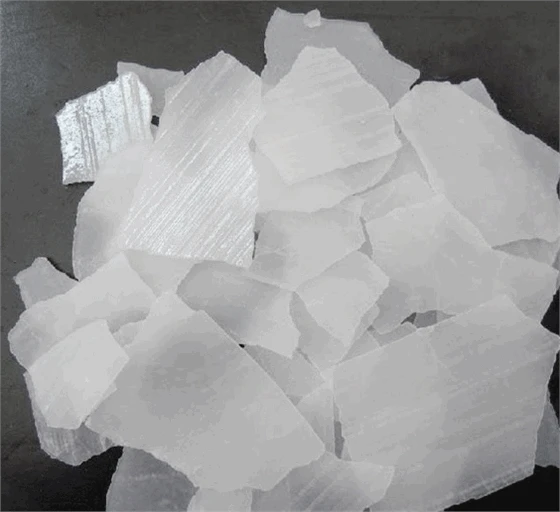



Effective Chemical Treatment Solutions for Boiler Water Management and Maintenance Strategies
Boiler Water Chemical Treatment Ensuring Efficiency and Longevity
Boiler systems play a crucial role in various industrial processes, generating steam or hot water that powers equipment, drives turbines, or provides heating. However, the efficiency and reliability of these systems can be significantly affected by water quality. Therefore, boiler water chemical treatment is essential for maintaining the integrity and functionality of boiler systems. This article explores the importance of chemical treatment, common boiler water issues, and effective treatment methods.
The Importance of Boiler Water Treatment
Boiler water treatment is critical for several reasons. First, untreated water can lead to scale formation, corrosion, and other issues that significantly reduce the operational efficiency of a boiler. Scale, formed by the precipitation of dissolved solids such as calcium and magnesium, creates thermal resistance that forces the boiler to work harder, thereby increasing energy costs. Moreover, corrosion of metal surfaces can lead to leaks and failures, resulting in costly repairs and downtime.
In addition, water that is not treated properly can contribute to carryover—where water droplets are carried along with steam—and cause damage downstream equipment, such as turbines and condensate return systems. As a result, implementing a comprehensive chemical treatment program is vital for ensuring the longevity and efficiency of boiler systems.
Common Boiler Water Issues
1. Scale Formation Hard water contains calcium and magnesium ions that can precipitate and form scale on boiler tubes, reducing heat transfer efficiency and increasing fuel consumption.
2. Corrosion The presence of dissolved oxygen, carbon dioxide, and other corrosive agents can lead to pitting and general corrosion of boiler components. This is often exacerbated by the high temperatures and pressures present in boiler systems.
4. Sludge Formation Suspended solids and other impurities can settle at the bottom of the boiler, forming sludge that can hinder proper water circulation and cause localized overheating.
boiler water chemical treatment

Treatment Methods
A robust chemical treatment program typically encompasses several key strategies to combat these common issues
1. Water Softening This process removes hardness ions (calcium and magnesium) from the water through ion exchange, thereby preventing scale formation. Water softeners are often the first step in boiler water treatment.
2. Oxygen Scavengers Chemicals such as sodium sulfite are added to the boiler water to eliminate dissolved oxygen, which is a primary contributor to corrosion. By removing oxygen, these scavengers help protect the metal components from oxidative damage.
3. pH Control Agents Maintaining the proper pH level (typically between 10.5 and 11.5) is essential for minimizing corrosion and scaling. Neutralizing amines can be used to maintain the necessary alkalinity and protect metal surfaces.
4. Sludge Dispersants These chemicals help keep suspended solids in solution to prevent sludge formation. They work by reducing the surface tension of the particles, allowing them to be carried away during blowdown operations.
5. Biocides If biological fouling is a concern, biocides can be introduced to control the growth of bacteria and other microorganisms that might otherwise compromise water quality and boiler efficiency.
Conclusion
In conclusion, effective boiler water chemical treatment is paramount to the operation and longevity of boiler systems. By addressing common water quality issues such as scale formation, corrosion, and sludge buildup, steam generators can operate more efficiently, saving energy and reducing costs. Implementing a tailored chemical treatment program that incorporates water softening, oxygen scavenging, pH control, sludge dispersants, and biocides is essential for ensuring the optimal performance of your boiler system. As businesses continue to seek greater efficiency in their processes, investing in proper water treatment will yield significant long-term benefits.
-
Why Sodium Persulfate Is Everywhere NowNewsJul.07,2025
-
Why Polyacrylamide Is in High DemandNewsJul.07,2025
-
Understanding Paint Chemicals and Their ApplicationsNewsJul.07,2025
-
Smart Use Of Mining ChemicalsNewsJul.07,2025
-
Practical Uses of Potassium MonopersulfateNewsJul.07,2025
-
Agrochemicals In Real FarmingNewsJul.07,2025
-
Sodium Chlorite Hot UsesNewsJul.01,2025










